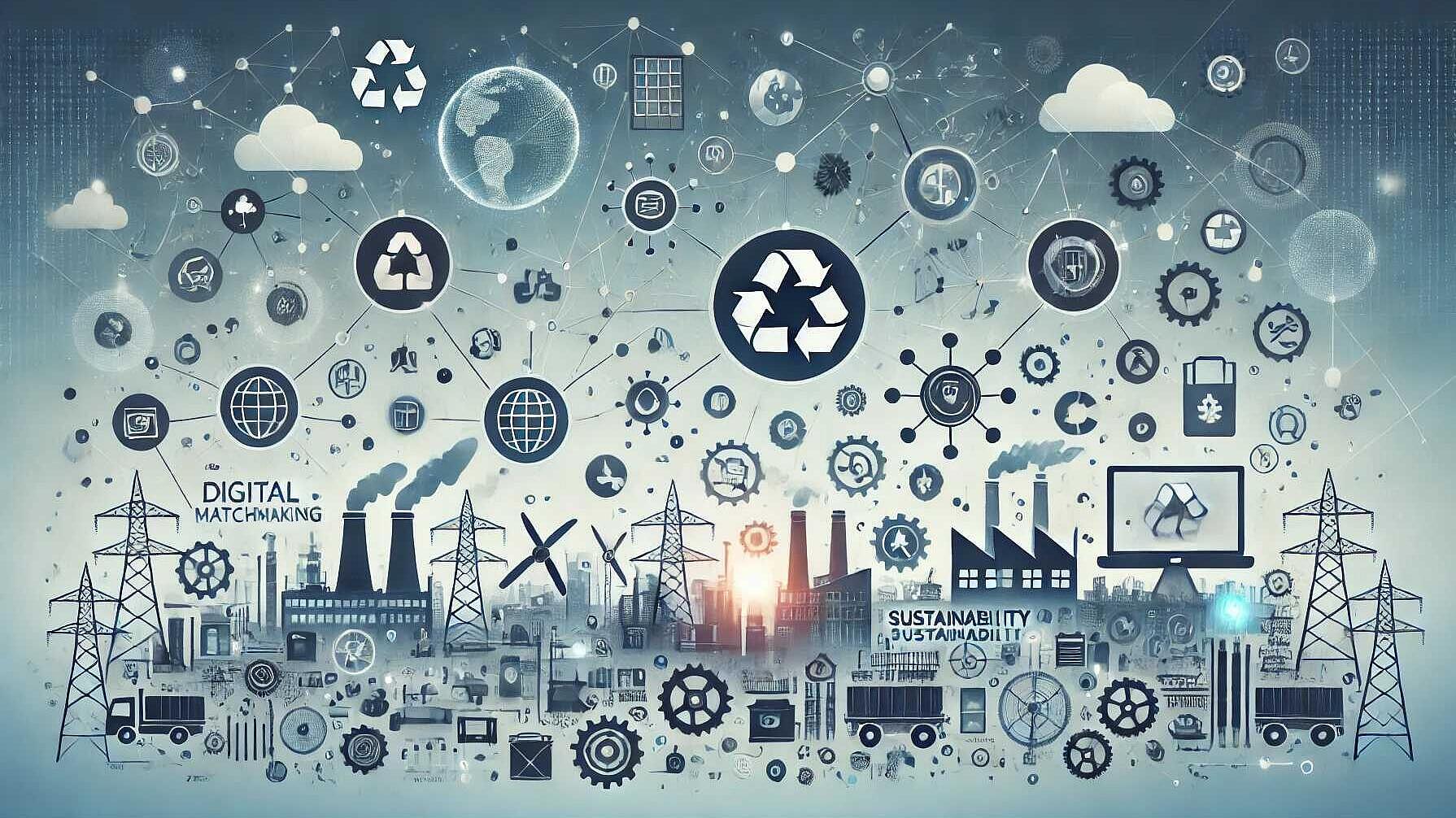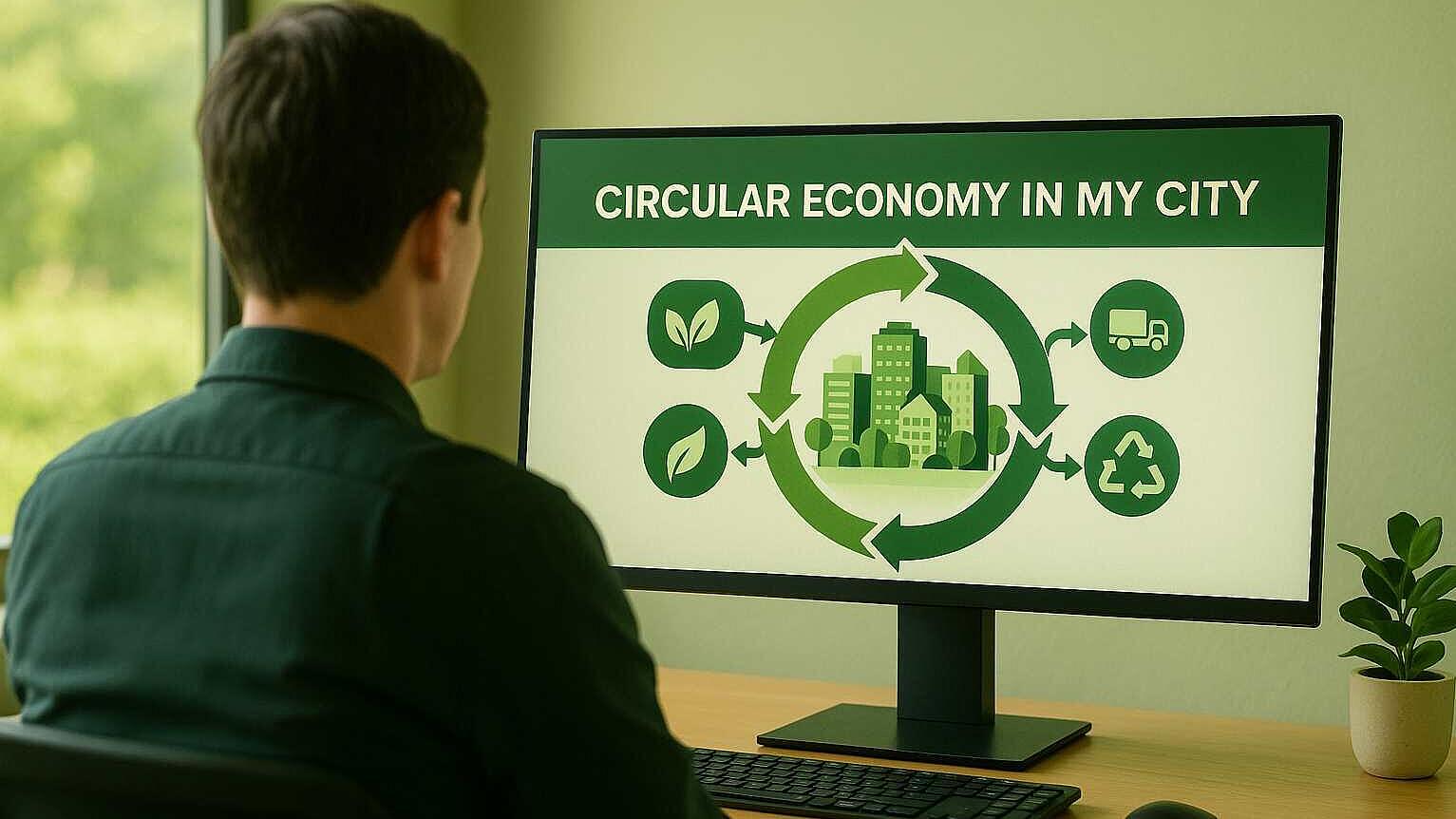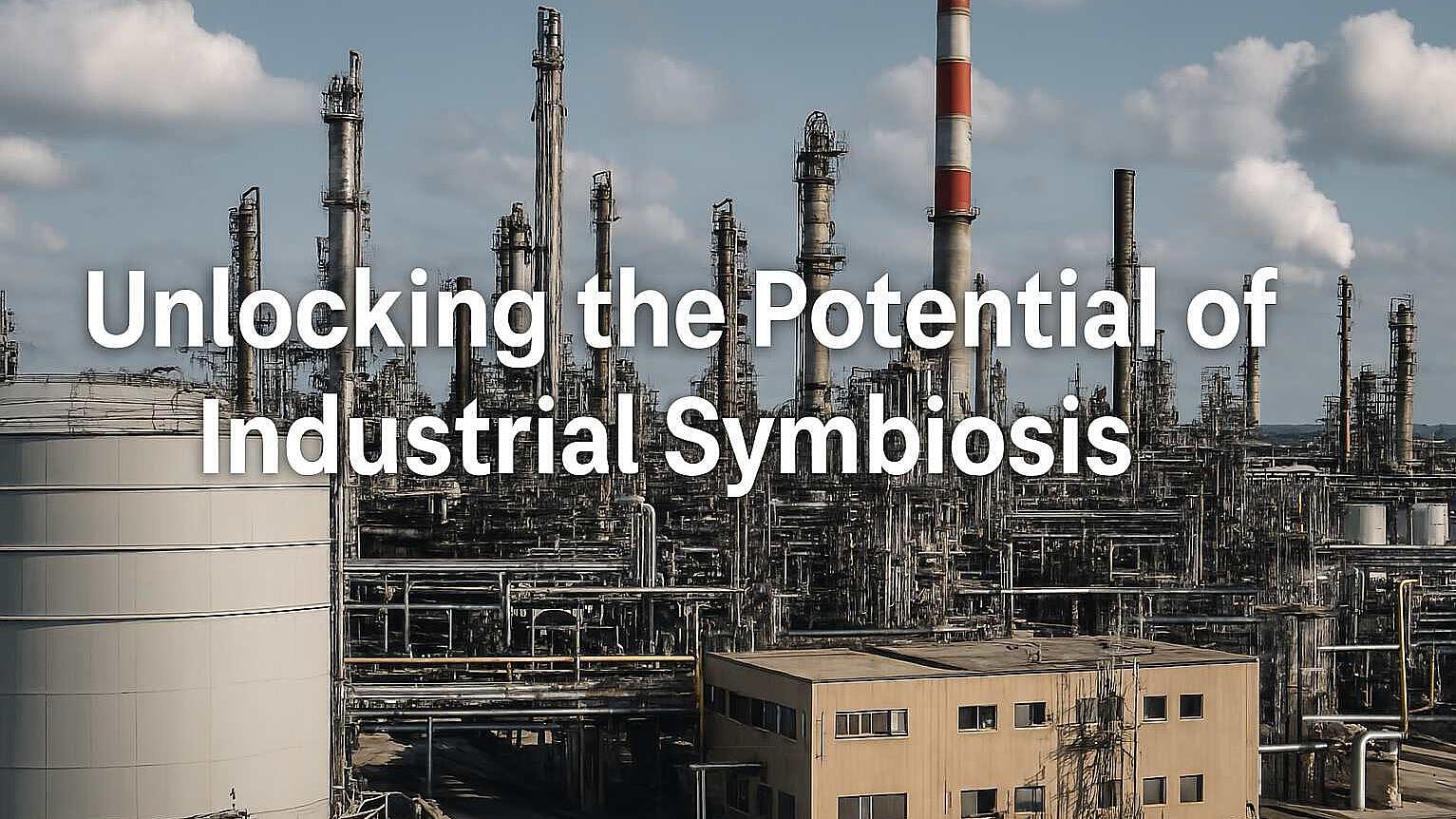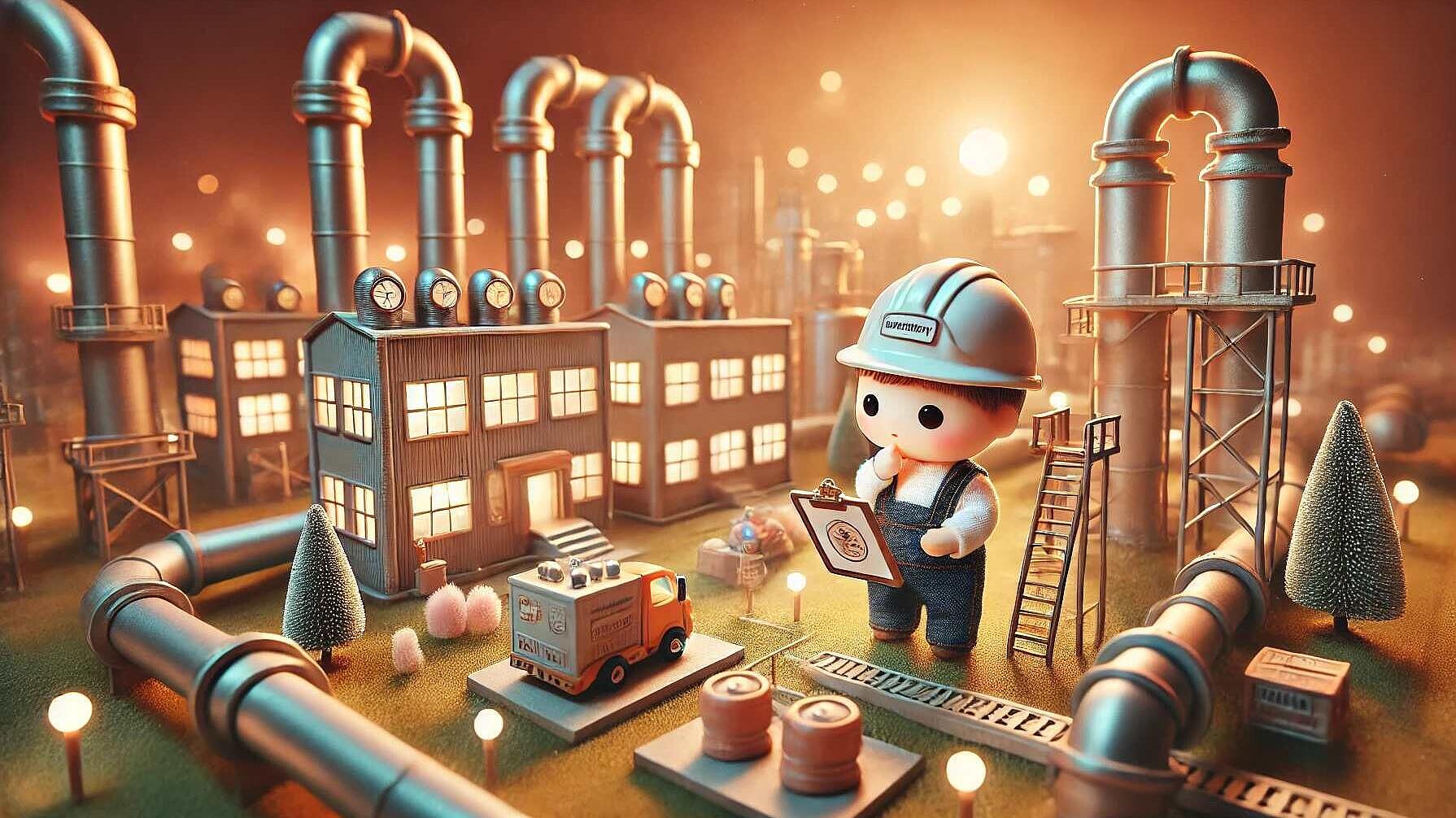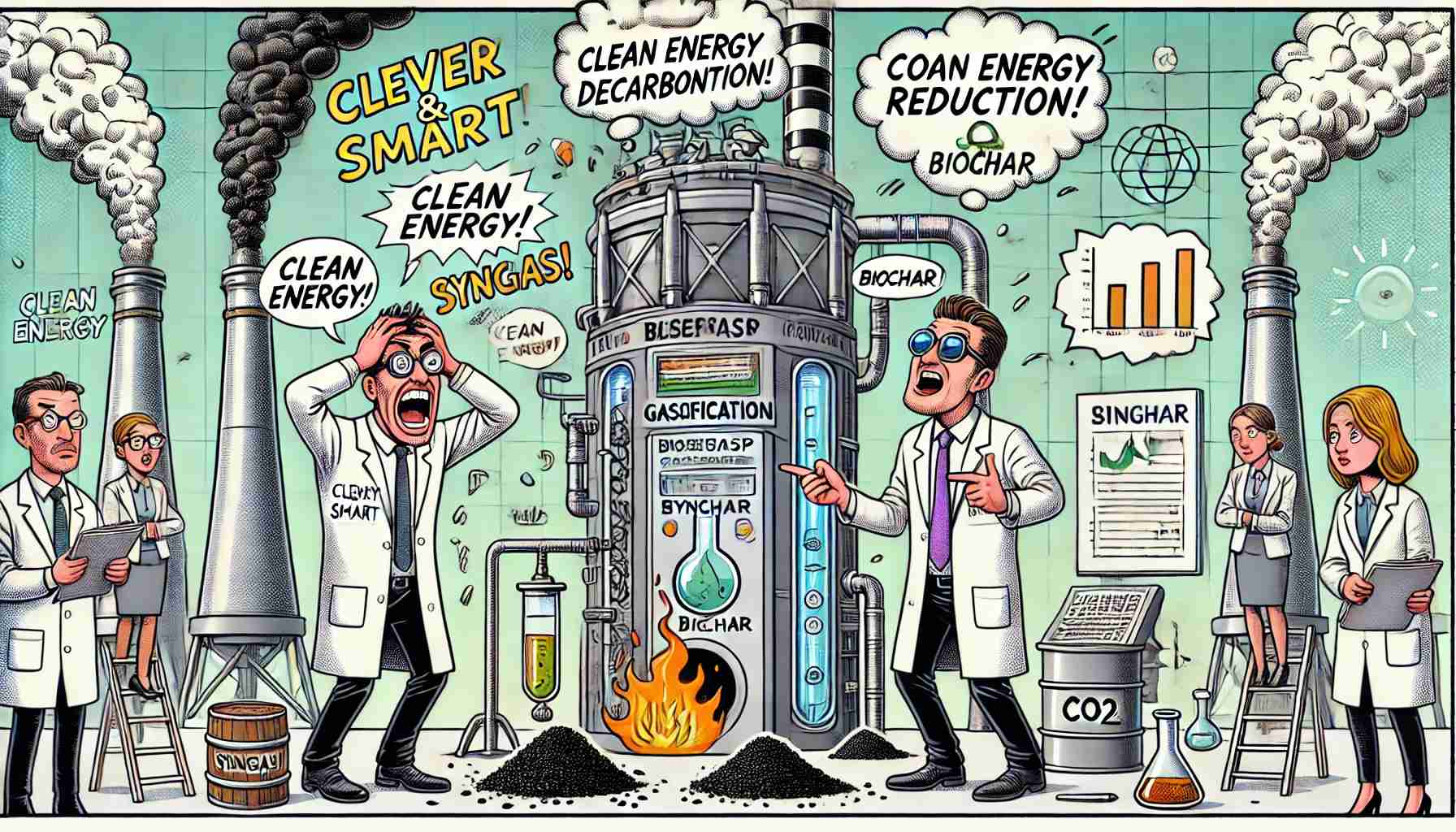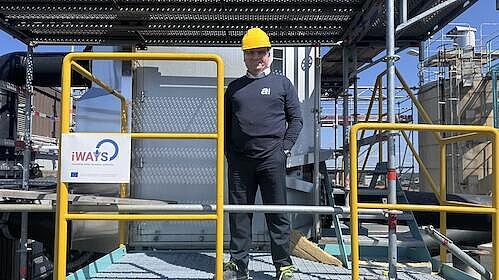 Circular Economy
Circular EconomyCircular Economy
Digital Matchmaking for Industrial Sustainability: How Knowledge Platforms Enable Circular Economy
Industrial symbiosis is hindered by information management challenges rather than technological constraints. The CORALIS webinar highlighted the necessity for effective knowledge management to initiate and sustain industrial symbiotic relationships. Despite 32 digital tools developed since 2016, their effectiveness in real-world applications is uncertain. The Sharebox project created intelligent recommender systems to suggest resource-waste matches between companies with a maximum accuracy of 33%, limited by data scarcity, privacy concerns, and inconsistent waste classification. Economic viability also requires consideration of transportation, treatment, and transaction expenses. From an industry perspective, reliance on personal networks, such as in Greece, poses risks and limits the scope of partnerships. Digital platforms are proposed to augment human relationships, not replace them. The CORALIS project emphasizes a user-centric approach with matching mechanisms, community forums, and knowledge repositories, seeking integration with existing business systems. Regulatory advancements, such as the forthcoming Corporate Sustainability Reporting Directive (CSRD) and European Sustainability Reporting Standards (ESRS), are expected to foster conditions conducive to digital knowledge platforms by mandating detailed, digitally tagged sustainability reports. The success of such platforms will likely depend on trust-building, user-friendly interfaces, standardized data formats, consideration of transport costs, and a balance between automation and personal interaction. Future symbioses may combine technology to form initial connections with human efforts to maintain them, accelerated by policy-driven data transparency and standardization.
Read Full articleThe smart city puzzle: cities, platforms and service provider
Working in smart city projects requires to bring together different players in this very diverse eco-system, from IT to product suppliers, service providers, finance, social innovators and of course the cities with their various departments. A good way to start is looking at top notch smart city projects as well as knowledge, matchmaking and IT platforms.
Read Full articleBusiness Value Through Industrial Symbiosis
A new framework evaluates industrial symbiosis, showing cost savings, revenue growth, risk reduction, and intangible benefits, advocating strategic partnerships and regulatory navigation for long-term sustainable advantage.
Read Full articleWhy do cities struggle to transition to a Circular Economy? — Information
The paper discusses the challenges cities face in transitioning to a circular economy, emphasizing the decline in global circularity and the need for public procurement to drive the change. It highlights the complexity of accessing and applying circular strategies and proposes innovation procurement with specialized AI as a solution.
Read Full articleUnlocking the Potential of Industrial Symbiosis: Strategies for Sustainable Project Development
The CORALIS guidelines address financing and risk mitigation for Industrial Symbiosis (IS) projects, offering a structured process to enhance stakeholder relationships, align with regulatory frameworks, and improve project implementation for sustainable industrial operations.
Read Full articleUnlocking the Value of Industrial Symbiosis: A Comprehensive Guide to Pricing and Business Value
The article outlines approaches and a framework for pricing in industrial symbiosis, stressing fair and sustainable mechanisms, considering costs, earnings, risks, and value beyond economics for successful circular economies.
Read Full articleUnlocking the Power of Industrial Symbiosis: How Data Exchange Fuels Collaboration and Innovation
The CORALIS project examines data exchange in industrial symbiosis networks, identifying lack of standardization and proposing a structured communication framework to improve trust, efficiency, and innovation for sustainable industrial practices.
Read Full articleDemystifying Industrial Symbiosis: A Comprehensive Guide to Opportunity Identification
Industrial symbiosis (IS) optimizes resource use and minimizes waste by exchanging resources among industries. European initiatives invest in IS methodologies to enhance market adoption but face challenges like complexity and data availability. The identification process involves mapping, screening, and matchmaking, requiring collaboration and long-term viability assessments.
Read Full articleBiomass Gasification: A Key to Decarbonizing Energy-Intensive Industries
The EU project CORALIS explores biomass gasification's techno-economic feasibility for decarbonizing energy-intensive industries, highlighting its potential with syngas and biochar production as fossil fuel alternatives. Larger-scale operations demonstrate better economic returns, with significant positive impacts on industrial decarbonization efforts.
Read Full articleHow new technology can allow factories without chimneys
Professor Hussam Jouhara discusses the development of the Heat Pipe Condensing Economiser (HPCE), designed to reduce industrial energy consumption and emissions by recovering waste heat and water. Supported by the EU's Horizon 2020, HPCE overcomes challenges such as exhaust stream variability and corrosive condensates, aiming to enhance efficiency and environmental sustainability in industries, especially in the chemical sector, by promoting energy and material recovery.
Read Full article